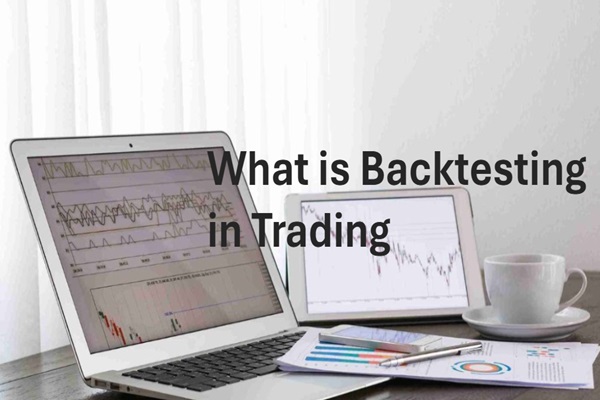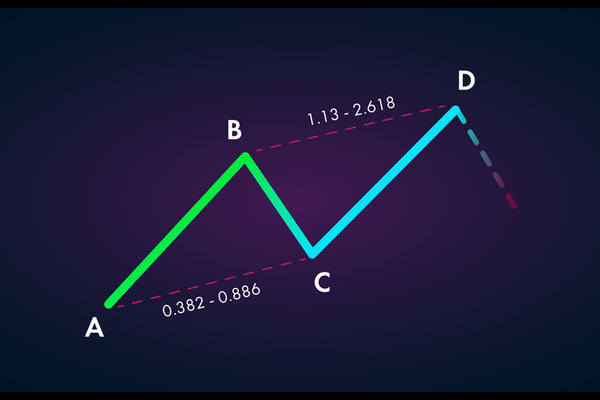OTC securities trading means trading through the broker-dealer network rather
than centralized exchanges such as the New York Stock Exchange. This article
will explain the meaning of OTC. This will definitely help you learn more about
trading.

What does Over-the-Counter Trading mean?
Securities traded over the counter (OTC) are not listed on the exchange.
Traders or brokers with expertise in the over-the-counter market can simplify
the trading of over-the-counter securities. OTC trading helps promote securities
and financial products that investors cannot obtain through other means.
Companies with over-the-counter trading stocks can raise funds by selling
stocks.
The securities of companies that do not meet the listing standards of the New
York Stock Exchange and other standard market exchanges can still be traded OTC,
but they may still be subject to the supervision of the U.S. Securities and
Exchange Commission.
How does Over-the-Counter Trading Work?
Small companies that cannot meet traditional exchange listing standards often
own stocks traded over the counter. Over-the-counter trading is also common for
many other types of securities.
Listed stocks are stocks traded on the exchange, while non-listed stocks are
stocks traded over the counter.
OTCQX, OTCQB, and Pink Open Market, commonly referred to as OTC Pink or "Pink
Order," are three electronic matchmaking platforms provided by the OTC Markets
Group through which transactions can be made.
The Pros and Cons of Over-the-Counter Trading
Bonds, ADRs, and derivatives are traded in the over-the-counter market, but
investing in more speculative over-the-counter products can bring higher risks
to investors. The filing standards for different listed platforms vary, and
obtaining company financial information may be challenging. Most financial
advisors view over-the-counter trading of stocks as speculative activity.
Generally speaking, over-the-counter stocks are not known for their high
trading volume. When it is necessary to exchange stocks, there are no ready
buyers due to the small number of stocks. In addition, due to the potential for
these stocks to fluctuate violently in response to any market or economic news,
the price difference between the buying price and the asking price is usually
greater.
For small businesses or those who cannot or do not want to list on
traditional exchanges, the over-the-counter market is another option. Many small
businesses lack the financial resources required for the expensive and
time-consuming process of listing on mainstream exchanges. Companies may find
that listing on the over-the-counter market enables them to quickly sell stocks
and obtain funding.
Summary
Securities are not traded on a centralized exchange such as the New York
Stock Exchange but in over-the-counter (OTC) trading through the broker-dealer
network. OTC networks have the qualification requirements set by the U.S.
Securities and Exchange Commission, even if they are not official exchanges. In
the over-the-counter market, investors can trade stocks, bonds, derivatives, and
foreign exchange rates. So this is what over-the-counter trading means.







